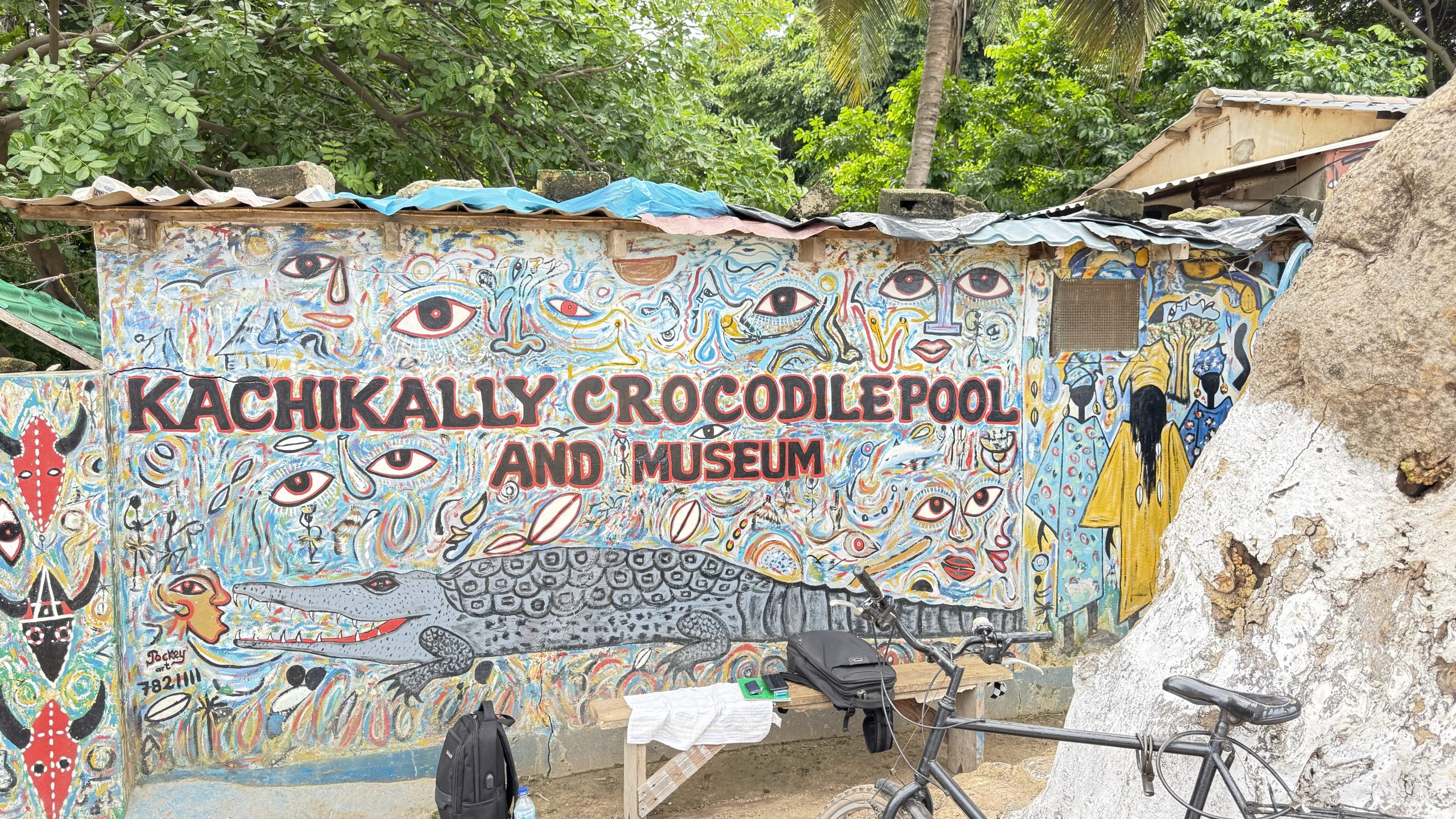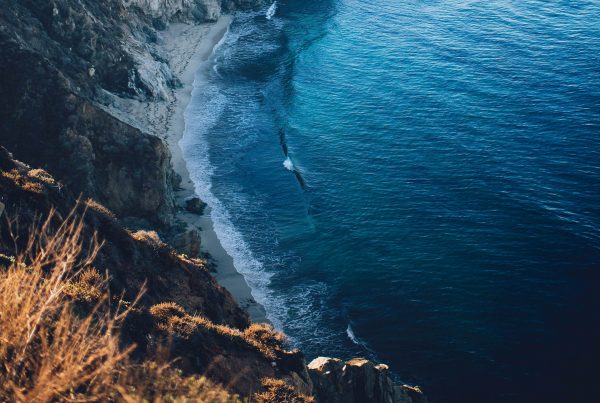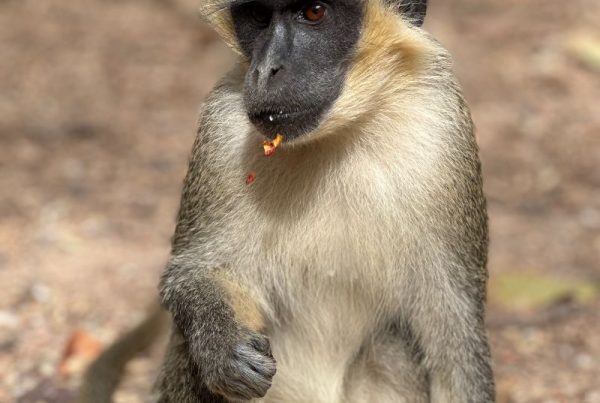Unusual Places to Visit in The Gambia (That Are Safe for Families and Mostly Unknown to Tourists)
The Gambia isn’t the place most people pick first when planning a family holiday. Which is kind of the point. You’re not “most people,” and you’re definitely not interested in spending your hard-earned break fighting for buffet toast at some cloned beach resort. You want something else. Something surprising. Safe. And—ideally—something your kids will actually remember.
Now, here’s the trick: The Gambia is tiny. Blink and you’re across it. But it’s crammed with odd, off-the-path places that feel like they were made for people who hate crowds and love weird, wonderful experiences. You just have to know where to look.
Let’s fix that.
Tanji Village Museum: History With No Boredom
Your kids think museums are punishment. Fair enough. Most of them are.
But Tanji is different. It’s not some glassed-off, no-touching, shoe-shuffling museum. This is a living museum—part history, part theater, part cultural trip that hits harder than any textbook.
You walk into real huts built in traditional styles, meet local guides who actually live this stuff, and sometimes—if you show up at the right time—your kids might get pulled into a drumming session or a folk tale reenactment.
They’ll think it’s fun. You’ll quietly be thrilled they’re learning anything that doesn’t involve a screen.
Why it works for families:
- Safe, outdoor layout with lots of space to explore
- Interactive guides who are good with kids
- Right near Tanji fishing village (which is chaotic but fascinating)
Tumani Tenda Eco-Tourism Camp: Sleep in a Forest Without Roughing It
This is one of those places you almost don’t want to talk about. Because it still feels undiscovered.
Tumani Tenda is a community-run eco-camp built on the banks of the River Gambia, about an hour and a half inland from the coast. The setup? Traditional mud huts with modern toilets, good food, and zero noise except the birds and the occasional goat.
You can kayak on the river, walk through the mangroves, learn to cook with the locals, or just sit around doing nothing—which, honestly, hits different when there’s no Wi-Fi and no traffic.
Also: the hosts will treat your kids like their own grandkids. Which is both sweet and borderline spoil-y.
Why it works for families:
- Extremely safe and family-welcoming
- Plenty of nature without needing to “survive”
- Cultural activities that are legit and not touristy
Kachikally Crocodile Pool: Pet a Croc (Yes, Really)
You’re not hallucinating. This is a place where you can gently pat a crocodile like it’s some oversized iguana.
Kachikally in Bakau is a sacred crocodile pool that’s been part of local beliefs for generations. People come here to pray for fertility (yeah, keep that part quiet around the kids), and the crocodiles? They just chill. They’re treated as holy animals, so they’re incredibly well-fed, cared for, and used to being around people.
You do still listen to the guide and follow instructions, obviously. But if your kid has been obsessed with reptiles since age three, this one will win you parenting points for life.
Why it works for families:
- Crocodiles are calm and monitored at all times
- There’s a small on-site museum with interesting artifacts
- Located in a busy area, but the site itself is peaceful and secure
Makasutu Forest: Magic, Monkeys, and Mud Boats
This one’s a personal favorite. Not because it’s flashy—it’s not. In fact, Makasutu might be the quietest place you’ll go in the whole country.
It’s a private reserve with huge ancient trees, mangrove-lined creeks, and the occasional baboon staring at you like you just said something rude. You can take guided walks, float down the river in wooden dugout canoes, and sometimes meet spiritual healers or palm wine tappers doing their thing.
There’s something eerie and beautiful about it. Like stepping into a West African fairy tale.
Why it works for families:
- It’s big and calm, perfect for kids who get overstimulated
- No commercial tourist junk—just nature, stories, and silence
- Safe and well-managed by guides who know the area inside out
The Wassu Stone Circles: Like Stonehenge, but Warmer (and Less Crowded)
This is where things get weird—in a good way.
Wassu is home to a collection of stone circles that are over a thousand years old, and nobody fully knows why they were built. Theories range from burial sites to alien landing zones (okay, the second one is mostly YouTube nonsense, but still fun to imagine).
The stones are massive. The energy is strange. And your kids will definitely try to climb them (please don’t). There’s also a small museum explaining the history in bite-sized chunks, which is all anyone under 12 can realistically handle.
Why it works for families:
- Safe open grounds to run around
- Short visit window (you can see it all in under 2 hours)
- A cool break if you’re doing an inland road trip
Footsteps Eco-Lodge (Gunjur): The One You Might Actually Stay At
Not a tourist spot per se, but deserves a place on this list because staying here feels like discovering a secret.
Footsteps is hidden away near the beach in Gunjur. Solar-powered, composting toilets, birdwatching from your hammock, home-cooked food that’s way too good for a “lodge,” and people who actually care if you’re happy.
There are craft classes, forest walks, beach access without the noise, and zero pressure to “do stuff” every minute. It’s one of the few places where both kids and parents can be happy doing absolutely nothing.
Why it works for families:
- The staff will remember your kids’ names by day two
- They’ll organize anything: drumming lessons, nature hikes, even crab races
- Fully sustainable, but not in a guilt-trippy way
Bonus Tips for Staying Safe and Sane
- Transport: Hire a local guide/driver. Don’t wing it with public transport if you’ve got kids and luggage and heat headaches waiting to happen.
- Mosquitoes: Bring proper repellant. DEET. Don’t play.
- Water: Bottled only, always.
- Local dishes: Jollof rice and benechin are your best family-friendly bets—flavorful without being scary spicy.
- Health: Basic healthcare is available, but get travel insurance and do all your vaccines before you go. Especially yellow fever.
- Behavioral heads-up: Gambians are famously friendly. But the beach touts can be persistent. A firm “no thank you” usually does the job.
Wrap-Up (Not a Conclusion, Calm Down)
Here’s the thing: The Gambia is wild in the best way. Not wild-dangerous. Wild-different. You’ll see vultures fighting over fish guts, kids herding goats like pros, and sunsets that make your phone camera short-circuit.
And yeah, some of it will be uncomfortable. Hot. Dusty. Unpredictable.
But that’s also why it sticks with you. The Gambia doesn’t feel like it was manufactured for tourists. It feels like it’s just being, and you’re lucky to get a glimpse.
So skip the obvious. Go weird. Go small. Go where your kids can run around and still learn something real.
Then go home with stories no one else at the PTA meeting has.
Unless, of course, they read this. In which case… see you in Tanji.



